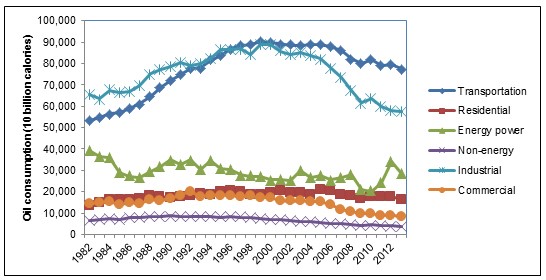Britain’s Economy Continues to Struggle
According to Reuters, Britain’s economy suffers from an unstable world market and lower consumer spending. Manufacturing capacity decreased as well, especially in major sectors of the economy. In light of the grim news, economists do not expect the Bank of England to raise interest rates in the short-term.




